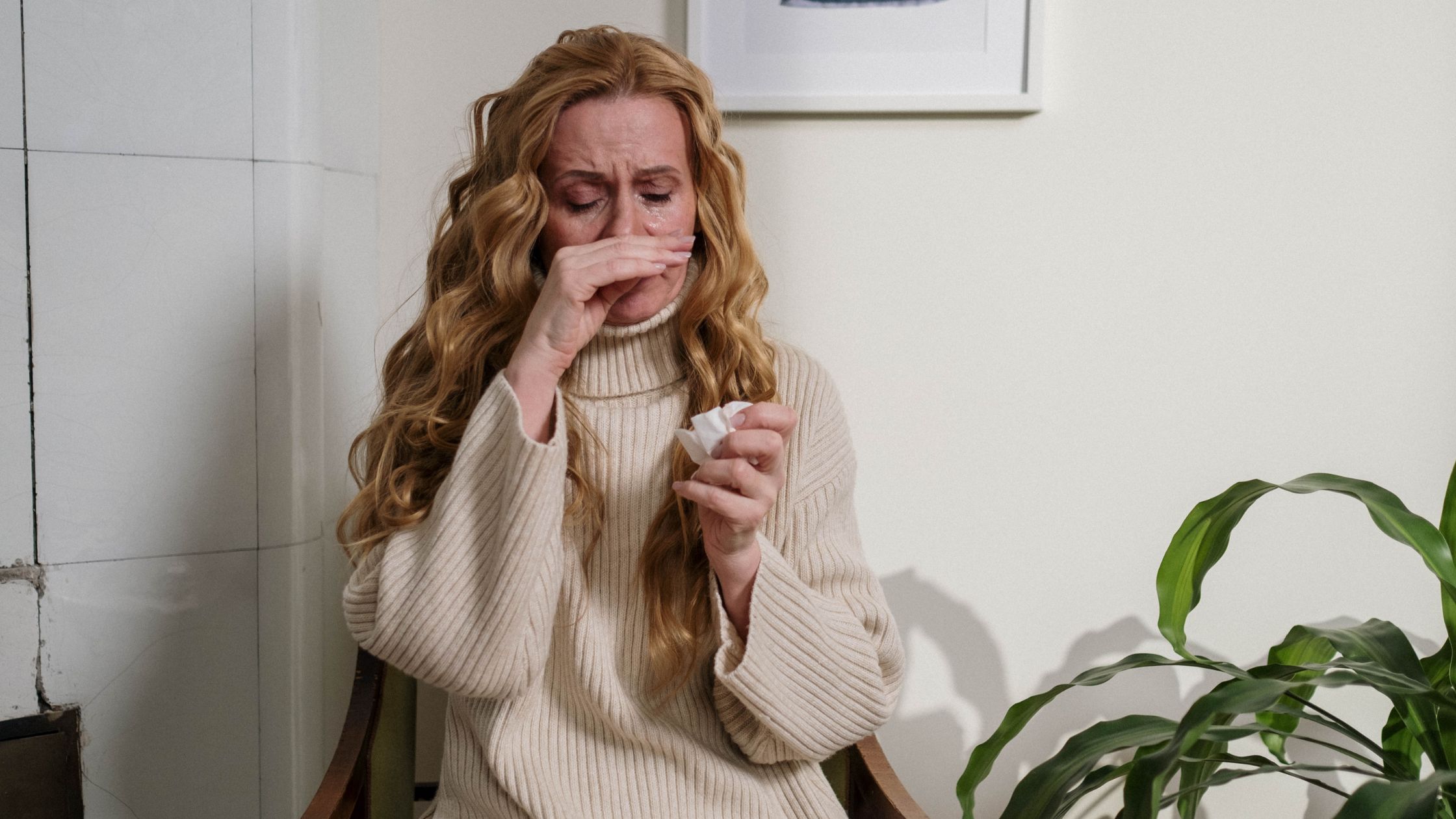As the seasons change and flowers bloom, many welcome the warmer weather with open arms. However, for some, this time of year brings dreaded allergy symptoms that can damage outdoor activities and overall well-being. You’re not alone if you reach for tissues and sneeze more often than usual. Allergy season is upon us, but fear not! You can take steps to alleviate symptoms and enjoy the beauty of spring.
Understanding Allergies
First, let’s understand what allergies are. Allergies occur when your immune system reacts to a typically harmless substance, such as pollen, dust mites, pet dander, or certain foods. When exposed to these allergens, your body releases chemicals like histamine, which triggers symptoms ranging from Sneezing and itching to more severe reactions like asthma attacks or anaphylaxis.
Home Remedies for Allergy Relief
- Keep Indoor Air Clean: Invest in a high-efficiency particulate air (HEPA) filter to trap allergens in your home’s HVAC system. Regularly clean carpets, rugs, and bedding to reduce dust mites and pet dander.
- Limit Outdoor Exposure: Monitor pollen counts and stay indoors during peak pollen times, typically in the early morning and on windy days. If you must go outside, wear sunglasses and a hat to shield your eyes and face from allergens.
- Nasal Irrigation: Use a saline nasal spray or a Neti pot to rinse nasal passages and flush out allergens. This can help relieve congestion and reduce inflammation.
- Stay Hydrated: Drink plenty of water to help thin mucus secretions and keep nasal passages moist. Herbal teas with honey and lemon may also soothe sore throats and coughs.
- Natural Remedies: Some people relieve allergies by incorporating natural remedies such as local honey, quercetin supplements, or butterbur extract. However, it’s essential to consult with a healthcare professional before trying new supplements, especially if you have underlying health conditions or take other medications.
When to Seek Medical Help
While home remedies can relieve mild allergy symptoms, some cases may require medical intervention, significantly if symptoms worsen or persist. If you experience any of the following, it’s essential to seek prompt medical attention:
- Severe Symptoms: If you develop severe allergy symptoms such as difficulty breathing, wheezing, chest tightness, or swelling of the face, lips, or tongue, seek emergency medical care immediately. These could be signs of a life-threatening allergic reaction.
- Chronic Symptoms: If your allergy symptoms persist despite home remedies and over-the-counter medications, consult a healthcare provider. They may recommend prescription-strength antihistamines, nasal corticosteroids, or other allergy medications to manage your symptoms better.
- Secondary Infections: Allergies can weaken the immune system and make you more susceptible to respiratory infections such as sinusitis or bronchitis. If you develop a fever, green or yellow nasal discharge, facial pain, or persistent cough, visit an urgent care center for evaluation. Depending on the severity of the infection, your healthcare provider may prescribe antibiotics or oral corticosteroids to help clear the infection and reduce inflammation.
Allergy season can be challenging, but with the proper precautions and treatments, you can manage your symptoms and enjoy the beauty of spring. Remember to stay informed about pollen counts, implement home remedies for relief, and seek medical help. Taking proactive steps to address your allergies allows you to breathe easier and make the most of the season ahead.
When to seek the help of Central Illinois Urgent Care
Urgent care facilities can play a vital role in helping individuals manage allergy symptoms during allergy season. Here’s how our urgent care centers can assist:
- Prompt Evaluation and Diagnosis: Urgent care provides timely evaluation and diagnosis if you’re experiencing severe or worsening allergy symptoms. Healthcare providers at urgent care centers are trained to assess your symptoms, identify potential triggers, and determine the appropriate course of treatment.
- Prescription Medications: For individuals whose allergy symptoms are not adequately controlled with over-the-counter medications, urgent care providers can prescribe more potent antihistamines, nasal corticosteroids, or other prescription medications to alleviate symptoms. These medications may provide significant relief and help manage symptoms such as nasal congestion, Sneezing, itching, and watery eyes.
- Treatment for Complications: Allergies can sometimes lead to complications such as sinus infections, bronchitis, or worsening of underlying respiratory conditions like asthma. Urgent care providers can diagnose and treat these complications, prescribing appropriate medications such as antibiotics or oral corticosteroids to manage infections and reduce inflammation.
- Education and Prevention: Urgent care providers can offer valuable education on allergy management and prevention strategies. They can advise on environmental modifications, lifestyle changes, and allergen avoidance techniques to minimize exposure and reduce the frequency and severity of allergy symptoms.
- Convenience and Accessibility: Urgent care centers typically offer extended hours, including evenings and weekends, making them convenient options for individuals experiencing allergy symptoms outside regular business hours. Additionally, urgent care centers often accept walk-in patients without needing appointments, providing quick access to care when needed most.
Our urgent care centers can provide comprehensive care for individuals struggling with allergy symptoms during allergy season. From prompt evaluation and prescription medications to allergy testing and treatment for complications, urgent care facilities offer valuable support and assistance in managing allergies effectively. If you’re experiencing severe or worsening allergy symptoms, don’t hesitate to visit your nearest urgent care center for evaluation and treatment.
.
